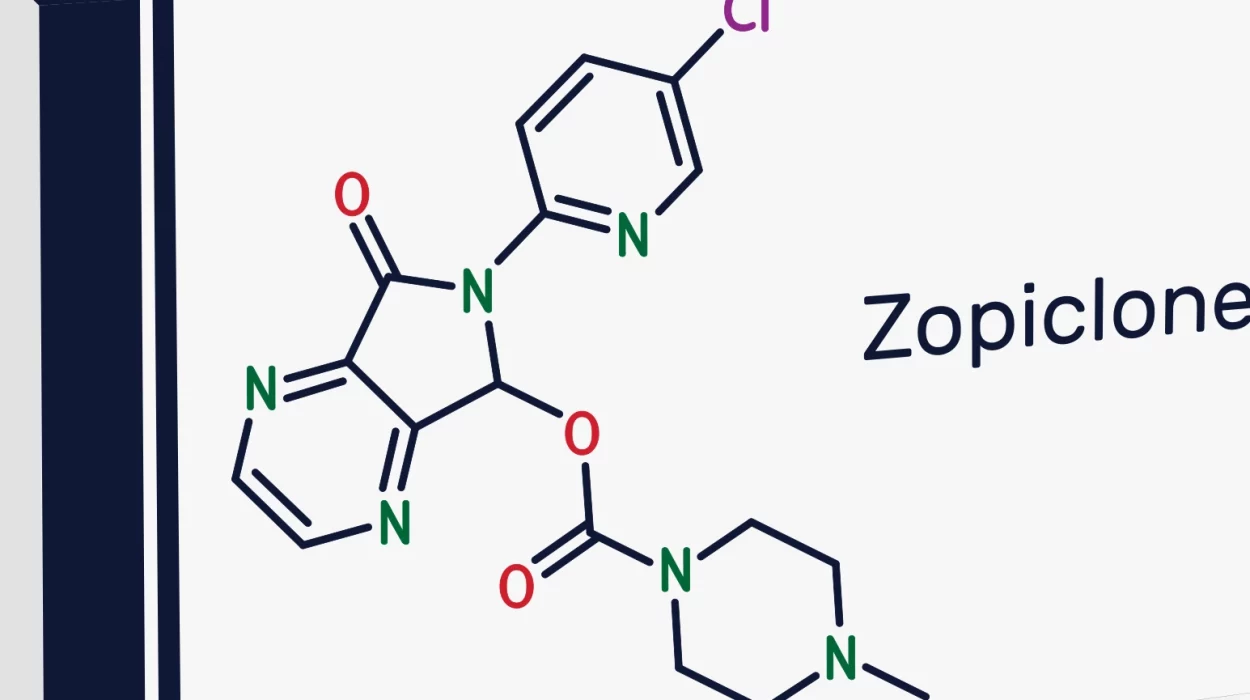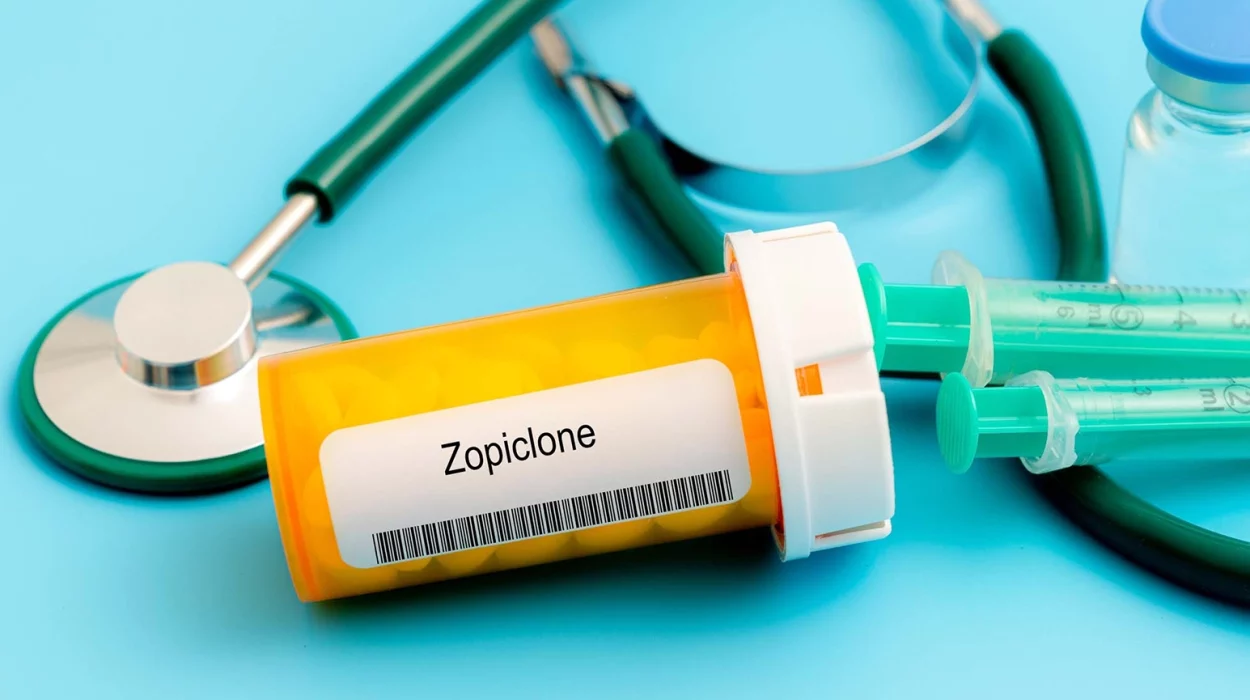
Managing Side Effects: What to Expect When Taking Zopiclone
You’re here because you’re taking a proactive step towards understanding more about Zopiclone, a medication that has probably been prescribed
Not covered by OHIP (Ontario Health Insurance Plan)

TOP RATED
ADDICTION REHAB AND MENTAL HEALTH CENTRE


You’re here because you’re taking a proactive step towards understanding more about Zopiclone, a medication that has probably been prescribed

Welcome to a comprehensive exploration of Zopiclone, a medication that can transform your sleep but also carries potential risks. If

If you’ve ever struggled with sleep, you know how frustrating it can be. Lying awake, tossing and turning, watching the